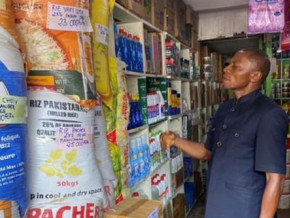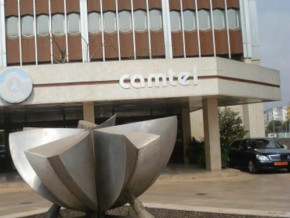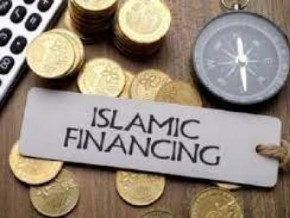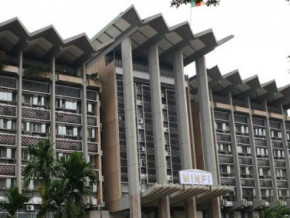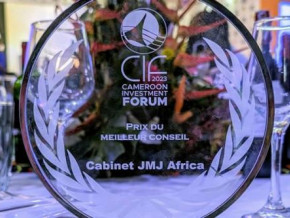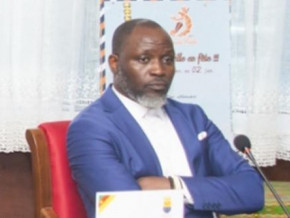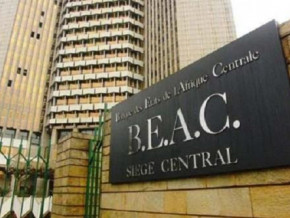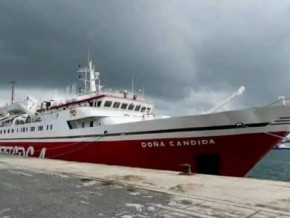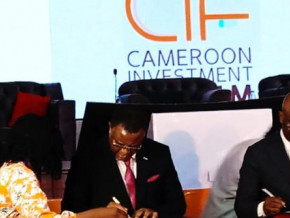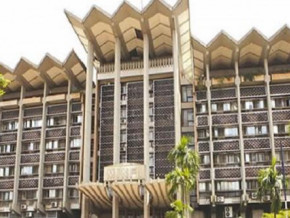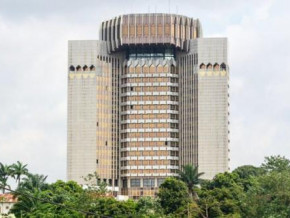
Yaoundé - 24 April 2024 -
Electricity
Cameroon to borrow about CFA7.13 billion from OFID for an energy project
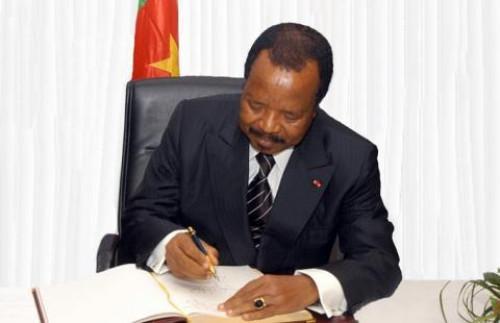
(Business in Cameroon) - On May 09, 2018, Paul Biya signed a decree habilitating the minister of economy Alamine Ousmane Mey to borrow $13 million (about CFA7.13 billion) from the OPEC fund for international development (OFID). This loan should be used for the first phase of a project to provide electricity in 21 localities in Adamaoua, the North, the Coast and the South. According to good sources, during the second phase, 102 localities will be electrified and the total fund for this phase is $33.337 million (CFA18.3 billion). More than half of this fund will be provided by the Islamic development bank.
BRM
Mags frontpage
- Most read 7 days
- shared 1 month
- read 1 month
next
prev




